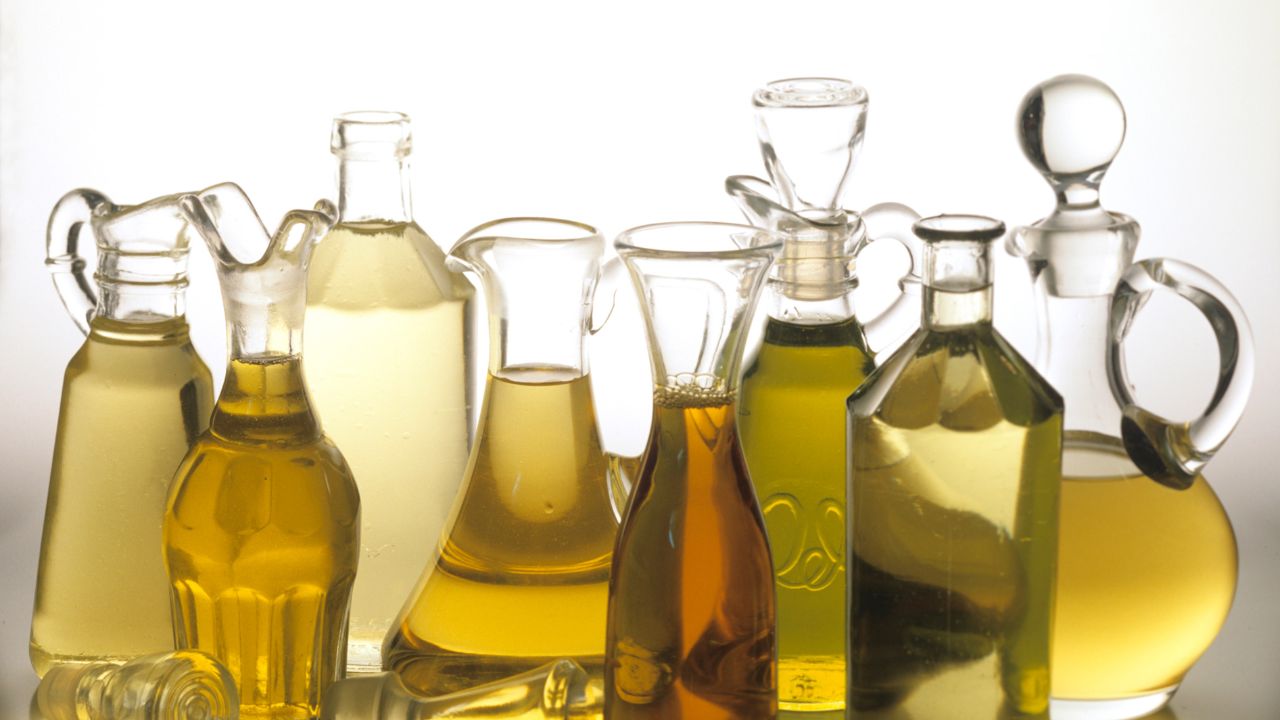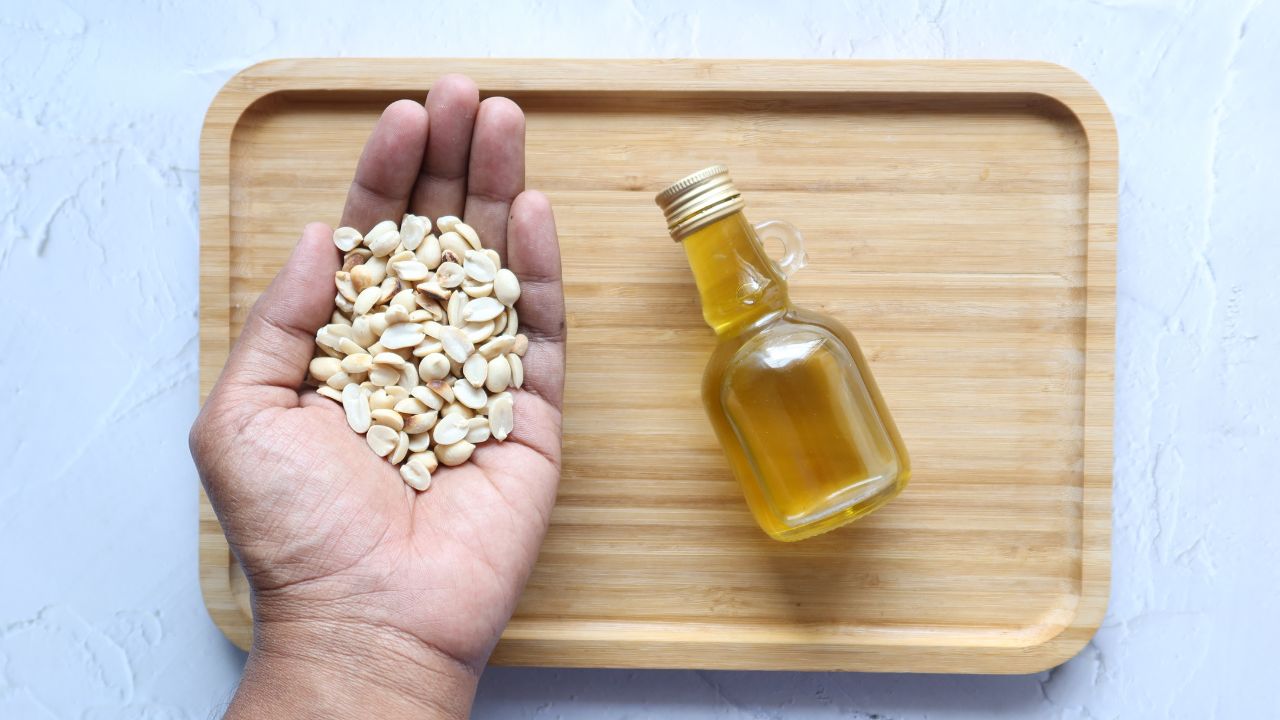Seed oils have gained significant attention in recent years, with debates revolving around their health benefits and potential risks. Some claim they are essential for a healthy lifestyle, while others believe they contribute to chronic illnesses. So, what’s the truth? In this post, we will explore the facts and debunk common myths surrounding seed oils.
What Are Seed Oils?
Seed oils are edible oils extracted from the seeds of plants. Popular examples include:
- Sunflower oil
- Soybean oil
- Canola oil
- Cottonseed oil
- Corn oil
- Safflower oil
These oils are commonly used for cooking, frying, and as ingredients in processed foods. They are praised for their versatility and affordability but have also faced criticism regarding their health impact.
Nutritional Facts About Seed Oils
1. High in Polyunsaturated Fatty Acids (PUFAs):
Seed oils are rich in omega-6 fatty acids, particularly linoleic acid, which is essential for the human body. However, an imbalance between omega-6 and omega-3 fatty acids may lead to inflammation.
2. Vitamin E Content:
Seed oils contain vitamin E, a powerful antioxidant that helps protect cells from oxidative damage.
3. Calorie Dense:
Like all fats, seed oils are calorie-dense, containing about 120 calories per tablespoon. Moderation is key when incorporating them into your diet.
Common Myths About Seed Oils
Myth 1: Seed Oils Are Toxic
- Fact: Seed oils are not inherently toxic. Issues arise when they are heated excessively or consumed in disproportionate amounts. Overheating causes oxidation, which may produce harmful compounds.
Myth 2: They Cause Chronic Diseases
- Fact: There is no conclusive evidence proving that seed oils directly cause chronic diseases. Instead, their overconsumption, combined with poor dietary patterns, may contribute to health problems like obesity and cardiovascular disease.
Myth 3: All Omega-6 Fatty Acids Are Bad
- Fact: Omega-6 fatty acids are essential for health, as they play a role in brain function, skin health, and hormone regulation. The issue arises when omega-6 intake significantly outweighs omega-3 intake.
Myth 4: Seed Oils Are Highly Processed and Unhealthy
- Fact: While refined seed oils undergo industrial processing, cold-pressed or minimally processed options are available, offering a healthier alternative.
Are Seed Oils Good or Bad for You?
The truth lies somewhere in the middle. Consuming seed oils in moderation as part of a balanced diet is unlikely to cause harm. However, individuals should:
Stay Connected With Google News
- Prioritize whole foods
- Balance omega-6 intake with omega-3 sources (e.g., fatty fish, flaxseeds)
- Use unrefined oils when possible
- Avoid overheating oils during cooking
How to Use Seed Oils Wisely
- Opt for Cold-Pressed Oils: Choose cold-pressed seed oils to retain their natural nutrients.
- Cook at Lower Temperatures: Avoid deep frying, as high heat can degrade the oil.
- Pair with Omega-3 Rich Foods: Balance your diet with foods like salmon, walnuts, and chia seeds.
- Diversify Your Oil Choices: Use a variety of oils, such as olive oil, avocado oil, and coconut oil, for cooking.
Trusted Sources Link-https://pmc.ncbi.nlm.nih.gov/articles/PMC4808858/
Conclusion
Seed oils are neither the ultimate health food nor the enemy. They can be part of a healthy diet when consumed responsibly. Understanding their nutritional properties and avoiding excessive consumption will help you make informed dietary choices. Focus on balance and moderation to enjoy the benefits without falling prey to misinformation.
Frequently Asked Questions (FAQs)
Q1: Are seed oils inflammatory?
A: Seed oils can promote inflammation if consumed excessively without balancing omega-3 fatty acids. Moderate intake is generally safe.
Q2: Which seed oils are the healthiest?
A: Cold-pressed options like sunflower and safflower oils are healthier due to minimal processing.
Q3: Should I avoid seed oils entirely?
A: No, there’s no need to avoid seed oils completely. Use them in moderation alongside a diverse range of healthy fats.
Q4: What are some alternatives to seed oils?
A: Olive oil, avocado oil, and coconut oil are excellent alternatives for cooking and meal preparation.
Article Sources and References :-
How to Cook Chips Without Oil? The Ultimate Guide to Cooking Oils and Fats Atlanta Restaurants That Only Cook With Olive Oil




